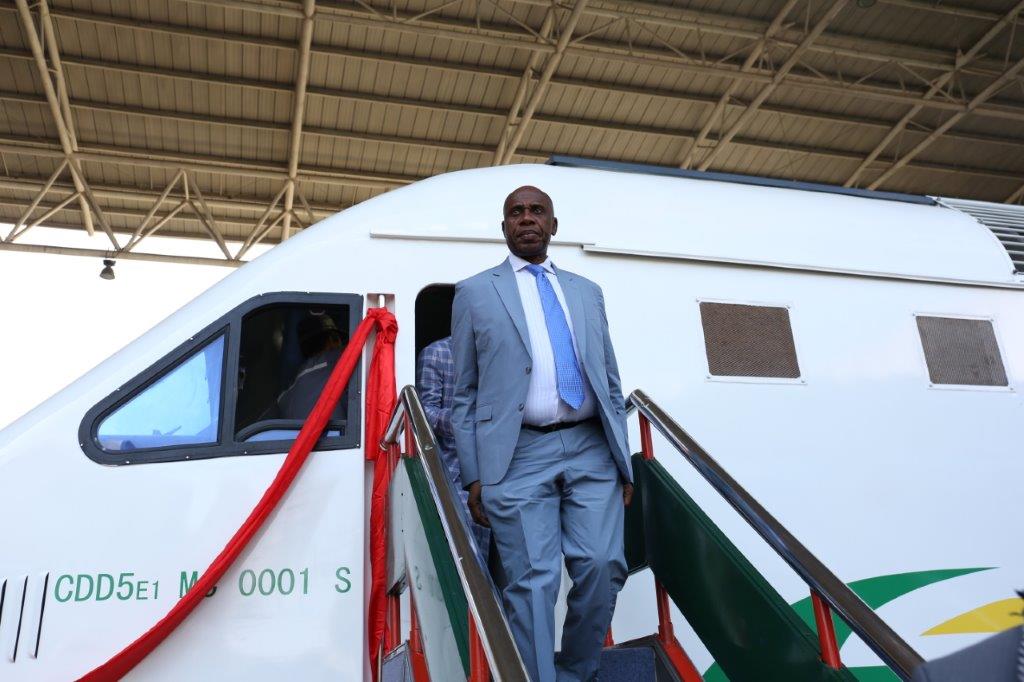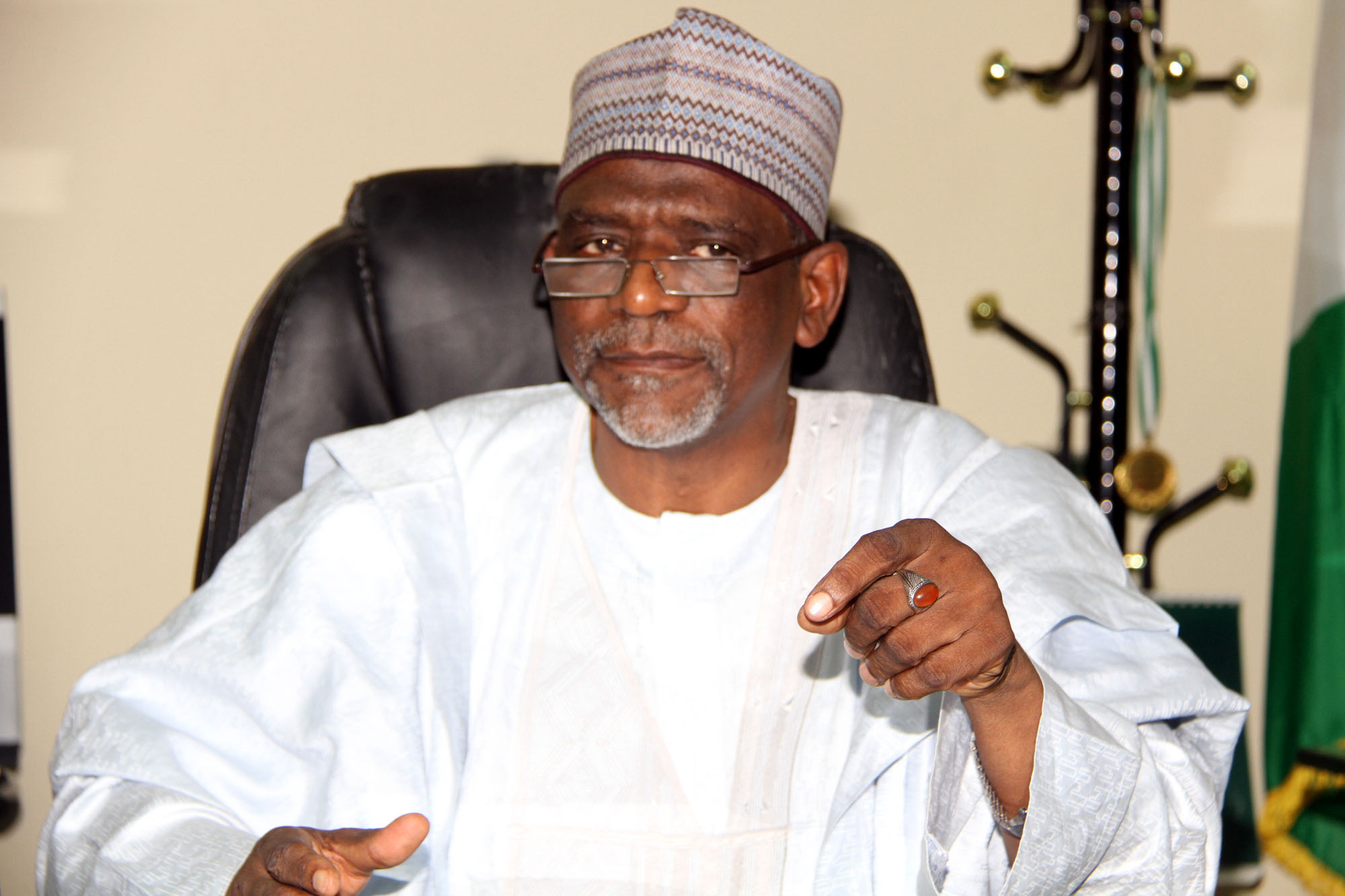Rotimi Amaechi, minister of transportation, says the Lagos-Ibadan rail project will be completed by December or in January 2021.
Speaking on a Channels Television programme on Thursday, Amaechi said he intends to meet with Fashola and the Lagos state government on how the rail project will be extended to the Apapa port.
Babatunde Fashola, minister of works and housing, join the programme virtually.
“I intend to approach him (Fashola) in January and approach the Lagos state governor so that we can see how we can deal with Apapa,” he said.
Advertisement
“Why I said that is because by December to the first or second week in January, we should have completed the Lagos-Ibadan [railway]. Then if we do, there will be a need to decide what vehicles can go to Lagos and the capacity of such vehicles or trucks.
“If we do that, you reduce the destruction that is happening on our roads, then we can transfer all the cargoes that come from Apapa seaport to the railway. We believe that we can transfer that up to Ibadan.
The transportation minister said the government will be able save the country’s roads from dilapidation if cargoes are conveyed by rail.
Advertisement
“In the next two to three years, we will see how much we would have tried to complete the Ibadan to Kano line,” he said.
“The more we are able to move these cargoes out of the road, then we can save our roads.
“Similarly, the same thing will happen from Port Harcourt to Maiduguri. So, I agree completely with the works minister, Babatunde Fashola, and I say to Nigerians to be more patient with us and allow us work to complete the projects.”
Corroborating Amaechi’s stance, Fashola said it will be best to move the transportation of cargoes to rail.
Advertisement
“The tankers are plying excess cargo; they are moving 60,000 tonnes instead of 33,000, 40,000 or 45,000 tonnes maximum. So, the best way is to move all that cargo into the tracks,” he said.
“That is what happens in countries we want to be like and that is where we are heading. So, he (Amaechi) has my support.”
Add a comment







